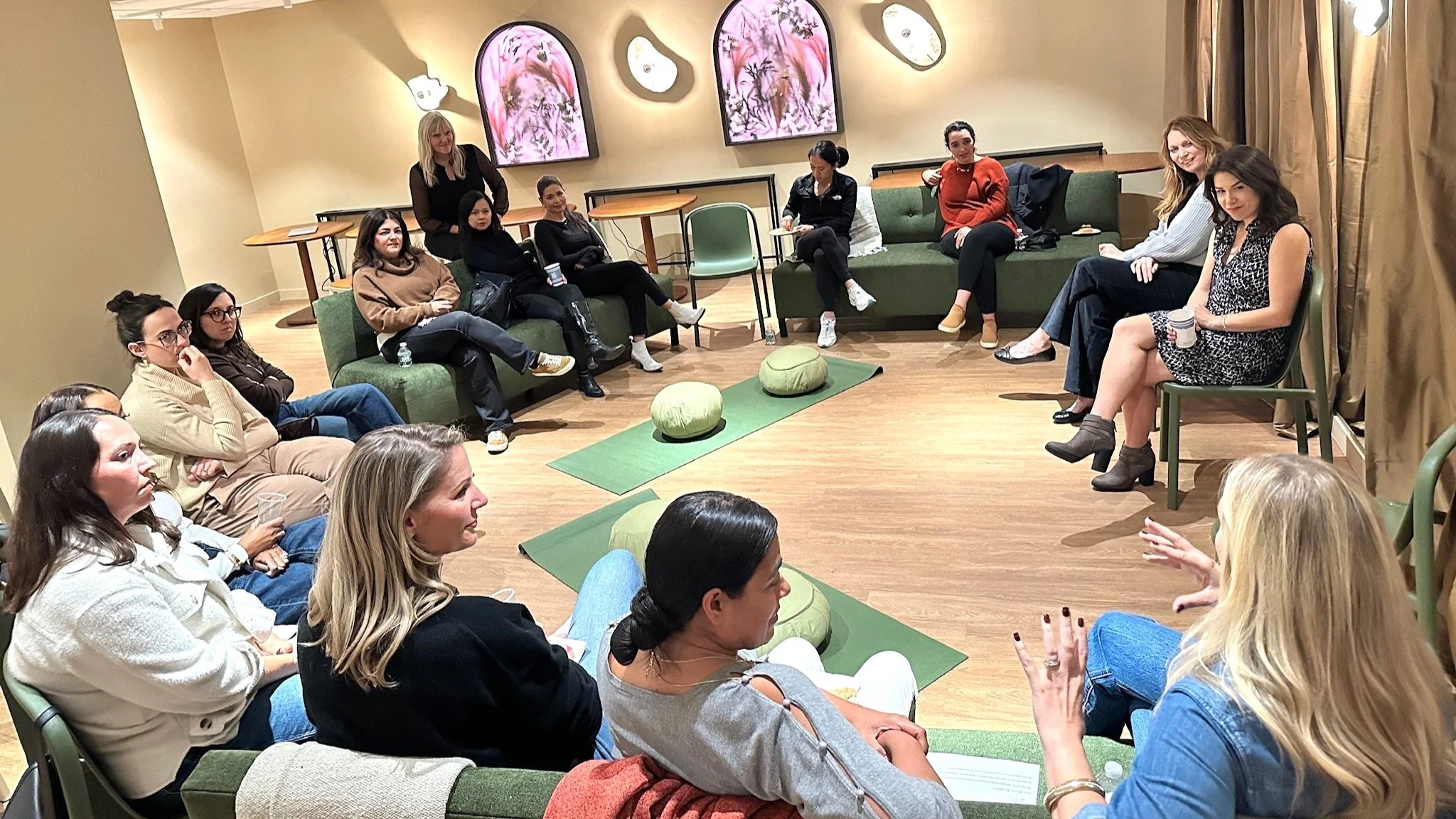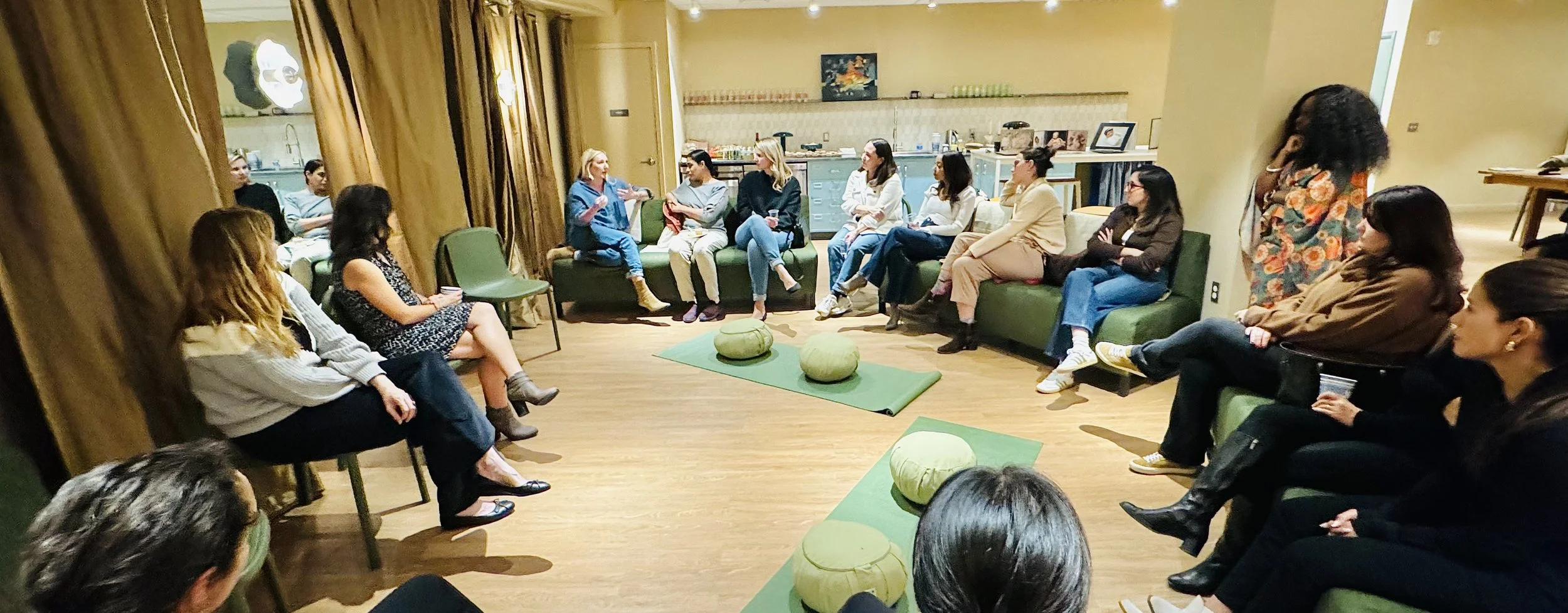From Trauma To Triumph: How Sharing the Raw, Resilient Stories of Birth, Heals and Empowers Moms
Birth stories are powerful. They’re unique, raw, and filled with moments that can be transformative, joyful, and sometimes deeply challenging. For some moms, childbirth is a smooth and beautiful experience, but for many others, it can be difficult, even traumatic. Sharing these stories—especially the hard ones—can make all the difference in a mother’s journey, helping her find healing, validation, and connection. Here’s why telling birth stories matters and how being part of a community can truly support the process.
The Rise in Traumatic Birth Experiences
In recent years, more and more women are reporting that their birth experiences left them feeling traumatized. Statistics show that around 45% of women feel some level of trauma after childbirth, and about 9% develop post-traumatic stress disorder (PTSD) from the experience. This trauma can stem from many things: unexpected complications, the need for emergency medical interventions, or even feeling like their birth plans were swept aside. In these moments, the loss of control or unexpected shifts can leave moms feeling powerless.
Many of these issues are on the rise due to the increase in medical interventions. Roughly 31% of births in the United States are cesarean deliveries—some essential, others not. Complications or unexpected shifts in a birth plan can leave a lasting impact. For moms, there’s no “reset” button; the memory of their child’s birth is there, and they may carry it with them in a way that’s heavy and hard to process alone.
The Impact of Birth Trauma
The trauma some mothers experience during childbirth isn’t just emotional—it can impact them physically and mentally. Here’s what it might look like:
Postpartum Depression and Anxiety: After a difficult birth, moms are more likely to experience postpartum depression or anxiety, which can make it hard to bond with their newborn and fully step into their role as a mother.
Sleep Issues and Physical Pain: Physical recovery from a difficult birth can be painful, but when combined with anxiety and stress, sleep issues often follow, affecting a mom’s ability to rest and heal.
Strain on Relationships: A traumatic birth can strain relationships. Partners might not fully understand what the mother went through, and that disconnect can make recovery even harder.
PTSD: For some, birth trauma goes even deeper. Certain experiences can trigger flashbacks, anxiety, and other symptoms of PTSD, affecting a mother’s ability to enjoy her daily life or feel secure in herself.
The emotional fallout from a traumatic birth can be hard to talk about. Many moms feel pressure to be “fine” because they’re expected to focus on their new baby. But birth trauma deserves compassion, support, and a space for mothers to heal.
Why Sharing Birth Stories is So Powerful
When a mom shares her birth story, it’s more than just recounting a memory; it’s a release, a way of processing emotions that might have been bottled up. It’s also a chance to hear, “You’re not alone,” and “I understand.” Here’s why sharing can be so healing:
1. Validation and Empathy
Sharing a difficult birth story in a circle of other moms who understand provides a level of validation that’s hard to find elsewhere. When a mom talks about feeling helpless or scared, and another mom says, “I felt that too,” it’s an instant connection. That feeling of being seen and heard can lift the heavy weight of isolation and self-blame, letting moms know they’re not alone.
2. Letting Go of Buried Emotions
Many mothers don’t realize how much they’ve been holding onto until they tell their birth story. Saying it out loud allows those feelings to come to the surface. Moms often feel a sense of relief, as if a weight has been lifted, just by putting words to the experience. Sometimes, all it takes is that one opportunity to speak openly to start feeling a bit lighter.
3. Reclaiming the Story
Sharing stories can change how we see them. Telling a birth story in a supportive group can help a mom shift her perspective, focusing on her strength and resilience. This reframing can turn a narrative of helplessness into one of empowerment. It doesn’t erase the pain, but it does allow her to feel more in control, as if she’s rewritten her own story.
4. Building Community
In a room of mothers, sharing birth stories creates a bond that’s difficult to replicate. These connections can form the foundation of a lasting support system. Moms who have shared their birth stories together often stay connected, offering each other compassion, encouragement, and an understanding that only someone who’s been there can provide. This community can be a lifeline during the challenging days of motherhood.
5. Long-Term Healing
Research shows that sharing traumatic experiences can reduce the risk of PTSD. Talking about trauma has been shown to lessen flashbacks, calm intrusive memories, and ease that sense of “being on edge.” Sharing birth stories is like giving mothers permission to process their pain instead of pushing it down. In the long run, this can be one of the most effective steps toward real healing.
Creating a Safe Space for Moms to Heal Together
Our culture tends to brush off birth trauma—new mothers are often told to “just be happy” that their baby is healthy. But these experiences matter, and finding a space to talk about them openly can be a turning point for many moms.
That’s why birth story circles and community gatherings can be so powerful. In these spaces, moms can express the raw reality of what they went through, without fear of judgment. They’re allowed to be vulnerable, to cry, to laugh, and to release whatever emotions come up. Birth story circles remind moms that healing doesn’t mean forgetting or minimizing their pain. Instead, it’s about feeling supported, understood, and uplifted by those who truly “get it.”
If you’ve experienced a challenging birth or know a mom who has, consider joining a birth story circle. Sometimes, the first step in healing is simply saying, “This is what I went through.” Together, we can lift each other up, break the silence around birth trauma, and celebrate the incredible resilience that mothers bring to their journeys.



